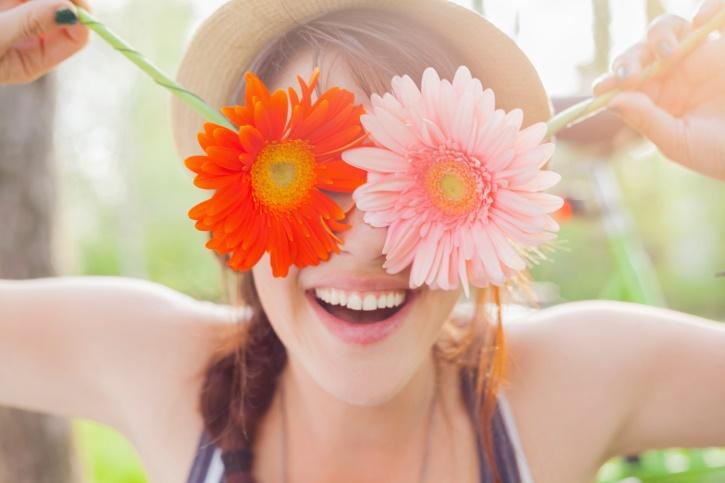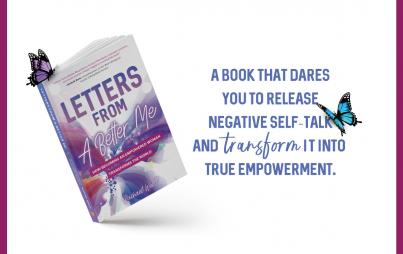
Image: ThinkStock
Along the broad and diverse spectrum of sexuality is a group all-too frequently overlooked and misunderstood: asexuals. According to the Asexual Visibility & Education Network:
"Unlike celibacy, which is a choice, asexuality is a sexual orientation. Asexual people have the same emotional needs as everybody else and are just as capable of forming intimate relationships."
How common is asexuality? A 2004 study (with a sample size of 18,000) estimated that 1% of the overall population identifies as asexual. While this doesn't seem expansive, it's hardly insignificant. Think about it this way: How many Facebook friends you have? Statistically speaking, adults have 388 on average. So there's a statistically good chance you'd know at least three asexuals in your Facebook network alone—and that's to say nothing of other people you communicate with on a daily basis, like office mates, public transportation acquaintances or classmates.
To better understand this group, and in honor of Asexual Awareness Week, we turned to someone who understands the orientation and all its nuances best: an asexual woman. Here, Sarah (last name disclosed for privacy reasons) opens up about getting intimate sans sex, asexuality on prime time TV, and what she has to say to people like Dan Savage who believe her orientation is a myth.
Describe your sexuality. Has it changed over time? Do you feel it does or doesn't define you as a person?
The idea of being defined as a person by a title is off-putting. A lot of that probably spurs from my desperate desire as an adolescent to fit into some group sexually. My friends would ask: Why won’t you tell me who you have a crush on, Who do you think is hot, or Damn, did you see that guy? I never had an answer for them, and sometimes it seemed that was all anyone was capable of talking about. Instead of trying to explain my lack of desire, I would make up a crush on a jock or guess at the hotness of another. The latter of the two was surprisingly difficult sometimes.
I did want to find a relationship and the level of comfort and support that came with it, but I just lacked the drive everyone else had. I told myself I was a “late bloomer” in the hopes that one day hormones would flood my body and poof! I'd be Juliet. No such luck, but—as it turns out—that was OK, too.
I met a girl in high school, and we dated for seven years. I chose to participate in some physical activities because it strengthened other emotional parts of the relationship. We discussed my lack of desire early on in our relationship, but it hurt her feelings. I always reminded her that I chose her for a reason, even though it wasn’t out of “normal desire.”
How have your partners typically reacted?
They have tried to be understanding. Their sexual desire was often the only instigator for most sexual interaction. My lack of desire did subconsciously weigh on them as our relationship lacking something, but we always worked on these emotions. All relationships are give and take; ours were no different in that light.
How do you perceive the sexuality of those who do not identify as asexual?
With age, I have de-romanticized the idea of burning sexual desire. I do wonder occasionally about what it would feel like on a personal level, but it is not concerning for me anymore. Plus, I have all of prime-time television and cinema to exaggerate how typical sexuality expresses itself. It is going to be awhile before asexuality is on TV to help other people understand where asexual people are centered. Baby steps; the first lesbian kiss on prime time was in 1997. Now we have a gay couple with children on prime time.
What do you wish others understood about asexuality?
I am not lying. I hold nothing against anyone. I am not broken. I am not looking to be fixed. I am entitled to feel my emotions in my own varying levels, just as much as any other person. I understand I come across "prudish" in behavior, but I am not holding anything back. I will happily answer questions but please do not go into a conversation determined to prove me wrong. I am an honest person who can only offer that which I have to give. I would never discredit another person’s sexual desire or disregard their emotions; I have always been baffled by other’s determination to do just that to me.
Noted sex writer Dan Savage stated in the documentary (A)sexual that he doesn't believe asexuality exists. As an asexual, how do you feel about such opinions?
It was not until 1986 that the DSM psychological diagnostic manual removed homosexuality as a mental disorder. A lot of movement has been made in the past 30 years to redefine our socio-cultural perception of love, lust and human interaction. I am here and this is how I feel. I cannot change; trust me, I wanted to change for a long time and I tried. Dan Savage falls into the category of people, which may be a majority from where I stand, who fight things that do not fall easily into preordained categories. The DSM V has accepted asexual identification as a healthy self-definition. It will take time for society to acculturate it.
How does asexuality affect your perception of others?
I think the largest impact my asexuality has had on my life has been to be almost ceaselessly accepting of others. You do you.






